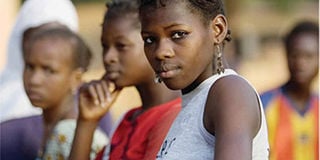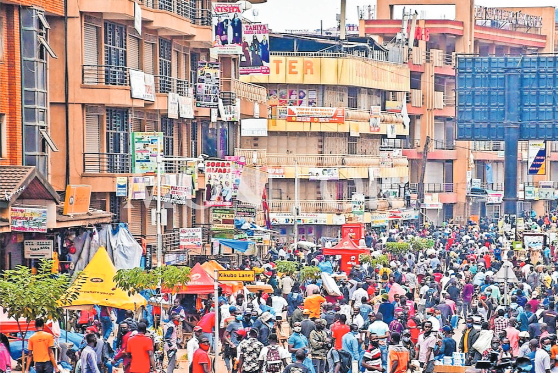Prime
Uniting in support of African girl

Adolescent girls are leading change around the world. PHOTO/COURTESY
The International Day of the Girl Child on October 11 is a call for us to reflect on our responsibilities.
Twenty-five years ago, governments adopted the historic Beijing Declaration and the Platform for Action. Seventeen years ago, African governments committed to the Maputo Protocol affirming the rights of women and girls.
Adolescent girls are leading change around the world. They are a tremendous engine of progress. They drive economies. They transform communities. Yet many girls born after these agreements were made are still denied their most basic human rights.
In sub-Saharan Africa, the epicentre of the Aids epidemic, HIV/Aids continues to disproportionately impact adolescent girls. Today, five in six newly infected adolescents aged between 15 and 19 in this region are girls. More than 600 adolescent girls in sub-Saharan Africa are newly infected every day.
HIV/Aids is still the second leading cause of death among young women aged 15-24 in the region. Yet the majority of adolescent girls do not have comprehensive knowledge about prevention of HIV and other sexually transmitted infections.
Now, the Covid-19 crisis threatens to worsen these vulnerabilities. Evidence from past crises – such as the Ebola outbreak in conflict-affected areas of DRC – show that school closures worsen gender inequality since girls are less likely to return to school than boys.
Girls are forced to enter the informal job market or shoulder unpaid care work at home, leading to increased experiences of violence and spikes in adolescent pregnancies and harmful practices like child marriage and female genital mutilation.
As women executive leaders for Unaids, Unesco, UNFPA, Unicef, and UN Women, we are joining forces to confront the injustices faced by adolescent girls in sub-Saharan Africa.
Together, we are working to advance a package dubbed “Education Plus”: Completion of quality secondary education; universal access to comprehensive sexuality education; access to sexual and reproductive health services and education; freedom from sexual and gender-based violence; and school-to-work transitions, economic security and empowerment.
We are championing removal of discriminatory laws and promoting the voice and engagement of young women and adolescent girls as advocates and leaders. Africa’s adolescent girls and young women themselves have risen to demand these rights.
Phumzile Mlambo-Ngcuka, Winnie Byanyima,
Audrey Azoulay, Natalia Kanem and Henrietta Fore




